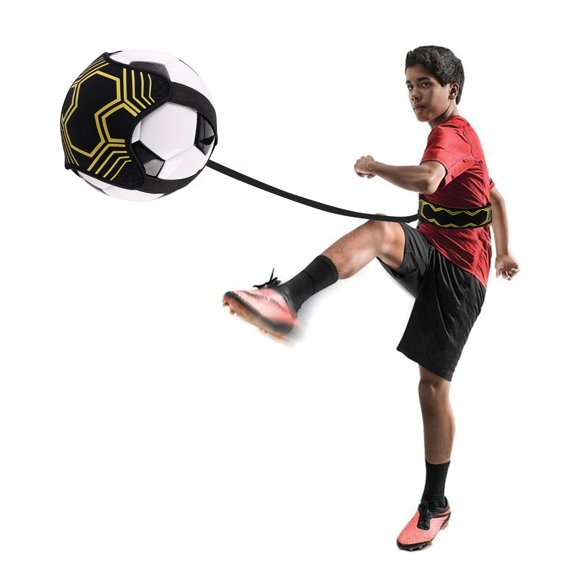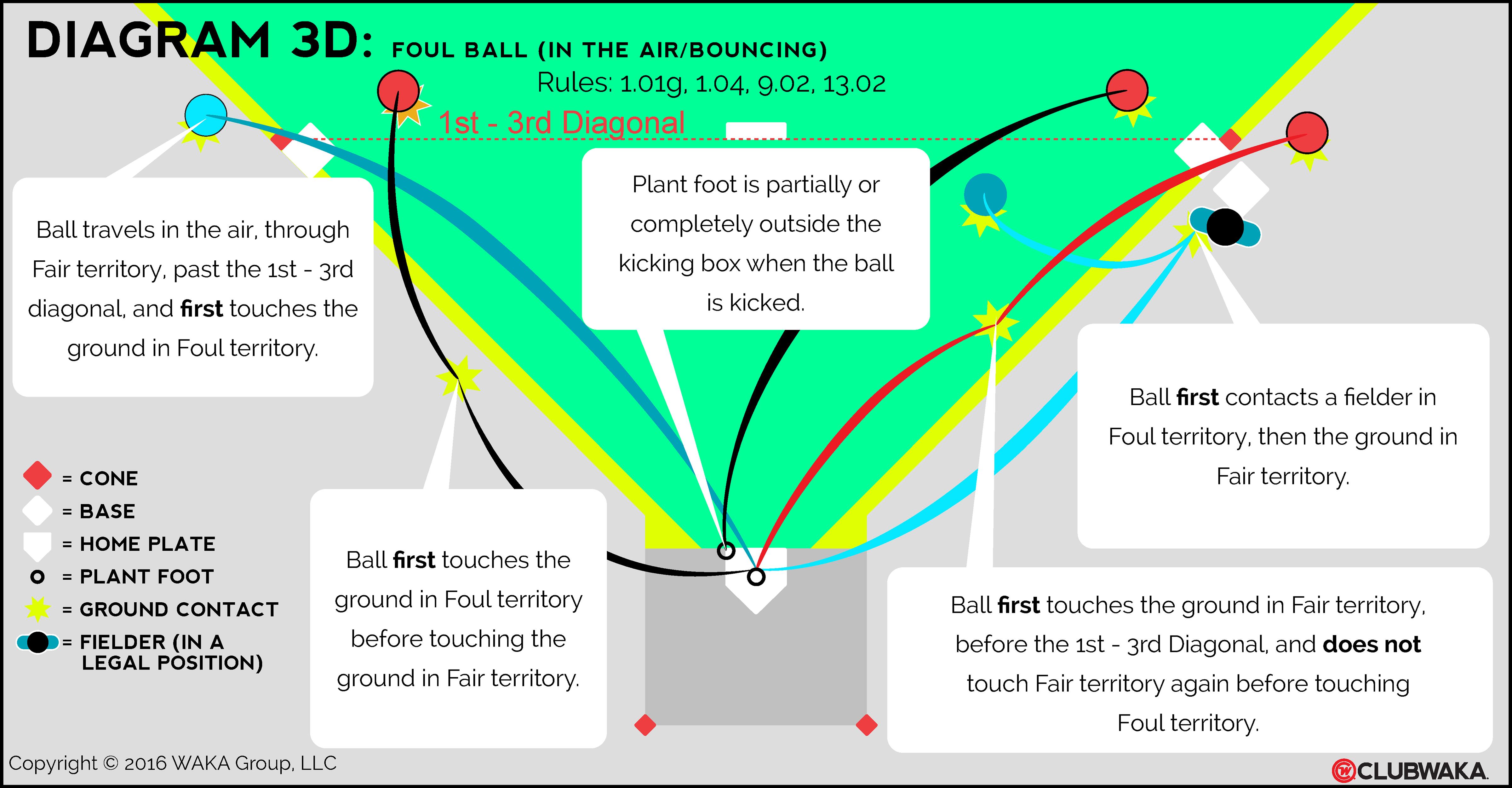
A few great names are worth noting when it comes to Portuguese soccer. Luis Filipe Madeira Caeiro Figo; Cristiano Ronaldo; Fernando Peyroteo; Fernando Mendes Soares Gomes. These players are among the best of all time.
Fernando Peyroteo
Fernando Peyroteo is arguably Portugal's greatest goal scorer. Despite being born in Angola, he managed to score an average of almost two goals per game while playing for Sporting L. Peyroteo was also an excellent passer, with 5* passing ability. He was still an important player for Portugal, even though he didn't reach the same level as Cristiano Ronaldo.
Peyroteo played 12 seasons for Sporting Lisbon and was part five Primeira Liga titles as well as five Taca de Portugal cups winners. He scored 13 goals in twenty matches for Portugal's National Team.
Cristiano Ronaldo
Cristiano Ronaldo was 18 when he represented Portugal's national soccer team. He has been playing ever since, winning more than 180 caps. He is Portugal’s all-time highest goalscorer with over 100 international goals. He has played in eleven major tournaments and was named the greatest Portuguese player of all-time.

Portugal and the club's star have a special relationship. He helped them to win Euro 2016 and the 2019 Nations League. He is also captain of the Portuguese national soccer team. His dream is to win the World Cup.
Luis Filipe Madeira Caeiro Figo
Luis Filipe Madeira Caeiro figo a retired Portuguese soccer star who played for Sporting CP Barcelona Real Madrid Internazionale and Sporting CP. He is considered one of the most talented players in the world, and his career spanned nearly 20 years. Almada born, he was a member of the "Golden Generation", young Portuguese footballers. Luis, who was a winger in Sporting CP's team, went on to represent Portugal in the national football team.
Figo has been awarded 127 caps for Portugal. He is still Portugal's most-capped player and has represented Portugal at two World Cups and in Germany. At the European Championship, he helped Portugal reach the semi-finals. In the end, they lost to Greece. Inter Milan was his last stop in his career.
Fernando Mendes Soares Gomes
Fernando Mendes Soares Gomes is a great player in Portuguese soccer history. He played for several teams, including Sporting Lisbon, Porto and Braga. He was a prolific goal scorer and won five Portuguese leagues as well as three domestic supercups. After playing for Sporting Lisbon's last team, Gomes quit professional soccer in 1991. Gomes' final season saw his club reach semifinals of UEFA Cup.
Gomes had great success playing for Porto in the 1970s. He was a player for Sporting CP, the Primeira Liga. He also spent two seasons in Spain with Sporting de Gijon. He was part of his country's 48-player team and scored 13 goals. He was also a participant in UEFA Euro 84 as well as the 1986 FIFA World Cup.

Rui Costa
Rui Costa was a former Portuguese professional footballer. He made his debut for FC Porto when he was 11. He was born in Amadora. He quickly rose up through the ranks of Portugal's league to become one among the most versatile midfielders. His versatility and excellent first touch made him stand out in crowded areas.
Costa was the FIFA U-20 World Cup winner with Portugal in 1991. He also won the Toulon Tournament title in 1992. These events saw him win the Toulon Tournament in 1992 and 1991, respectively. He was also a member of two UEFA European Championship teams, 1996 and 2000. He was the UEFA Champions League’s top assist winner in 2002-03. Despite his numerous accolades and international experience, he announced his retirement from professional football after the 2007-08 season.
FAQ
What's the difference between soccer and football?
Both soccer and football are similar sports. Both require you to kick the ball through a small hole called a target. However, soccer requires players to pass the ball while running instead of just kicking the ball. Additionally, soccer uses smaller balls that football.
Can I play soccer even without special equipment?
You don't need any special equipment to play soccer. You only need a ball, a field and some teammates. You can form a team with friends if you have enough people who are willing to help you.
What are the various types of soccer balls available?
There are three types of soccer balls available: indoor, outdoor and training. Indoor soccer balls can be used during practice sessions. Outdoor soccer balls can withstand rain and wind. These training balls are designed for children.
Which position should I take on a soccer team's soccer team?
You must be selected by your coach to play on a soccer club team. There are several positions on a soccer team. These include goalkeeper and defender, goalkeeper, midfielder, forward, as well as goalie. Each player has a specific role.
Statistics
- After hosting an entertaining World Cup finals in 1994, the United States possessed some 16 million football players nationwide, up to 40 percent of whom were female. (britannica.com)
- At the 2018 FIFA World Cup, Belgium playmaker Eden Hazard, renowned for being difficult to dispossess, set a World Cup record for successful dribbles completed in any World Cup game since 1966, with a 100% success rate in ten dribbles against Brazil.[10] (en.wikipedia.org)
- The word "soccer" is a British invention that British people stopped using only about 30 years ago, according to a new paper by University of Michigan professor Stefan Szymanski. (businessinsider.com)
- They are not just good at dribbling because they are talented alone, but because they put in 100% effort during every practice. (coachtube.com)
- the estimated cumulative television audience for the 2006 World Cup in Germany was 26.2 billion, an average of 409 million viewers per match." (en.wikipedia.org)
External Links
How To
How to play football
Soccer requires the ability to dribble, pass, shoot, head, tackle, and other skills. These skills should always be improved. The most important thing to do is practice them everyday. These are the steps you need to follow if you want to learn to play soccer.
-
Practice dribbling. Practice dribbling around the field until your skills improve. Start practicing dribbling slowly, ideally for 5 minutes each. You can increase the time to 10 minutes once you are comfortable with dribbling. This technique should be practiced daily.
-
Practice passing. Practice passing the ball both in front and behind you. Make sure that you pass the ball correctly to the person who has the space available. Don't throw too many passes. It's better if you throw the ball directly to the player who needs it. This will allow you to save energy and keep warm.
-
Practice heading. Heading is the ability to position the ball precisely in the net. Before you can achieve this goal, it is important to practice getting in the right position. Stand next to the goal line and face the target. Then bend forward slightly and put the ball under your chin. Next, raise the head and look towards what is in the upper left corner. Your eyes should be straight ahead. Finally, raise your arms and let go of the ball.
-
Try to tackle. Tackling can be one of the most difficult skills to master. However, when mastered, it makes football much more fun. Begin by covering your chest and shoulders with your hands. Don't try to go lower. Keep your arms and legs close to your body. It is better to tackle in smaller groups of two people. One player acts as a defender and the second is an attacker. The attacker must be tackled as soon the attacker passes the defender.
-
Learn how to shoot. You need to practice shooting. Find a place where you can shoot comfortably (e.g. Near the goal. Focus on your form. The ball should be held between your hands. Toes point up, bend your knees. Shoot the ball by making a circular movement with your wrist. You want to hit the bottom right corner.
-
Practice running. Running is another skill you need to learn. Start slowly and build speed. Running should not be used for attacking, it can cause injury to your muscles. Instead, run towards the goal to assist your teammates.
-
Practice kicking. Kicking is not only one of the most difficult skills to master, but it's also one of your easiest. You must develop core strength and leg strength to be able to kick accurately. Place both feet together and lift one leg at a time. Slowly kick your ball towards the net by using only your heels
-
Practice dribbling again. This skill is crucial to being a great player. Dribbling allows for you to control your game's pace. Dribbling is crucial to controlling the pace and preventing your opponents from catching up or overtaking you. Consistency and consistency are the keys to mastering dribbling. You shouldn't change how you dribble every single day. Stick with what works for your body.
-
Practice kicks without any restrictions. Free kicks are often given after a foul is committed or when the goalkeeper makes mistakes. You can score goals with free kicks without needing to play the whole match. It is a good idea to aim for the corner of the goal. Remember to use your instep and your heel.
-
Practice defending. It is all about position. Always keep in close proximity to your opponent's player while playing defense. Try to stop him scoring by blocking his path if you receive the ball. Always keep your safety in mind.